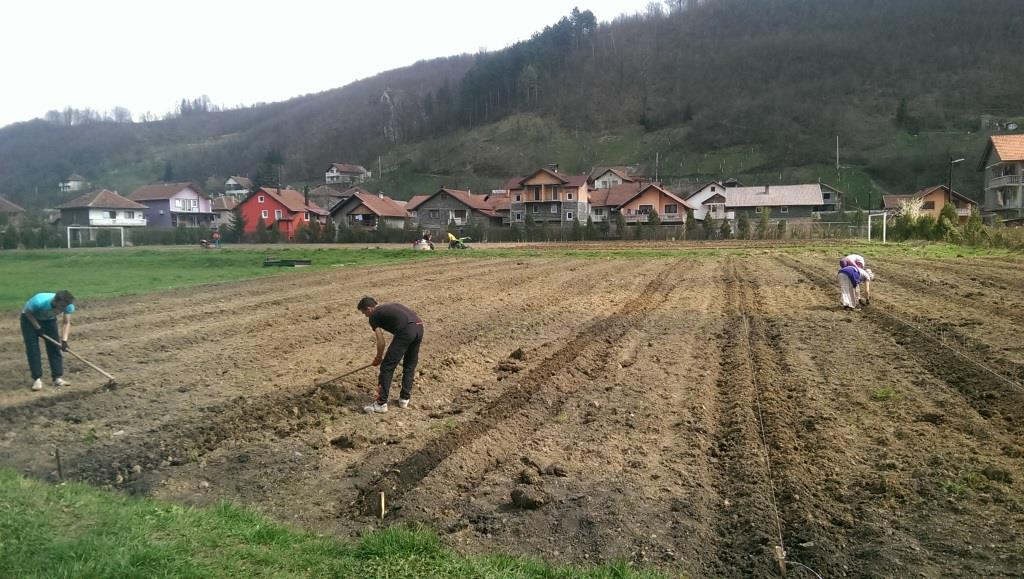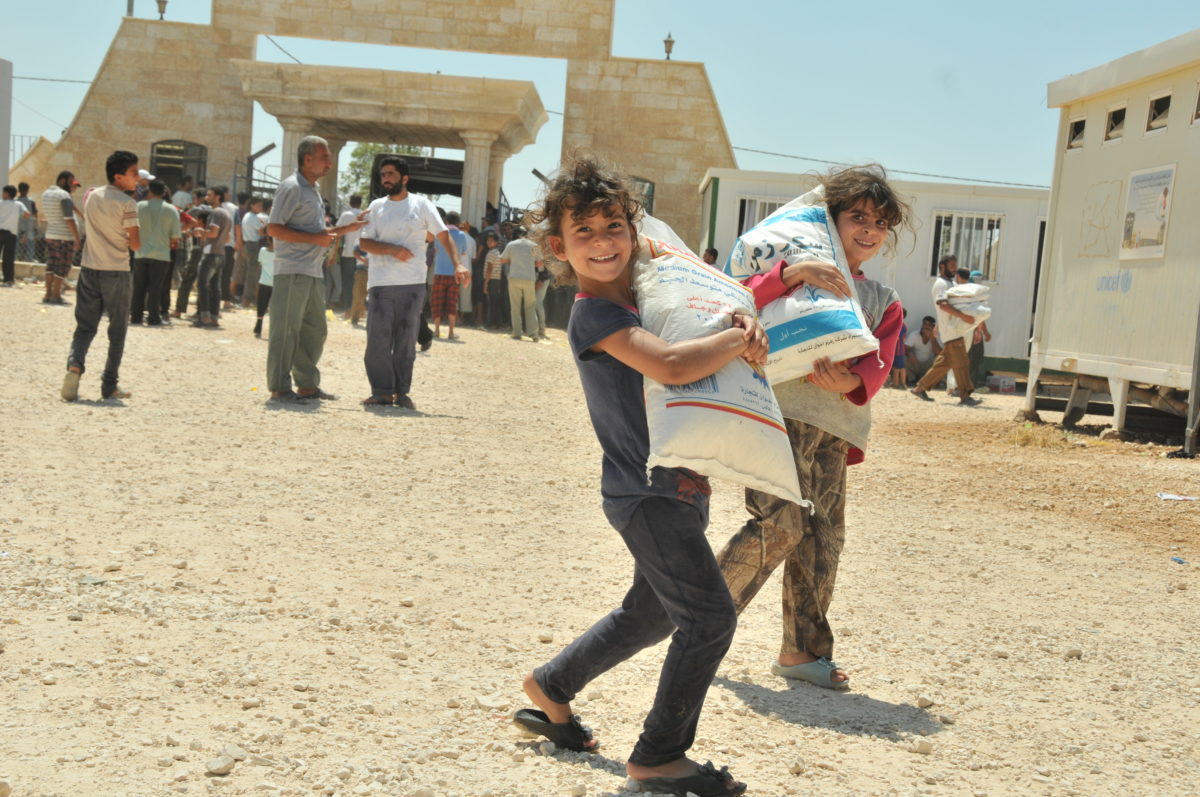World Food Day, tackling global hunger with Islamic Help

Today, October 16, is World Food Day, a day of action against hunger. We live on a planet with enough food to feed every person, yet one in nine live with chronic hunger.
That’s 806 million people. More than 60% are women, and every year nearly 5 million children under the age of 5 die as a result of conditions related to malnutrition.
In the poorest countries, 4 out of every 10 children suffer malnutrition and the consequences of the damage that causes their bodies and brains.
Since it was established in 2003, the provision of food especially in emergencies and disaster relief has been at the forefront of Islamic Help’s work.

That work has continued – for example, during the 2014 Gaza crisis we provided emergency food packs at 14 shelters run by the United Nations for the displaced. That provided for 18,850 beneficiaries, while a further 108 tons of flour brought in from Jordan made enough bread to feed 468,000 people in Gaza.
Similarly we have provided, and continue to provide, food packs designed to meet international nutritional standards to those fleeing disaster, wars and conflict – the refugees of Syria (right), the Central African Republic, Yemen, Burma.
Our Ramadan and Qurbani campaigns provide food to last beneficiaries for weeks. Our 2014 Ramadan campaign benefited more than 36,000 people of those most in need while that year’s Qurbani programme provided meat for more than 150,000 individuals.

In recent years however, we have also developed long term programmes to help vulnerable communities tackle poverty and food shortages.
Our Eco Village in Tanzania has a permaculture farm with cattle and agriculture, poultry and fish ponds so the community can be self-sustainable when it comes to food.
Tanzania is also home to a honey-producing programme (which additionally provides livelihoods and empowerment for local women) and a goat rearing programme, while a similar bee-keeping project in Bosnia has been complemented with another food programme involving the cultivation of raspberry fields.
Help us tackle food poverty across the world. Donate today.



